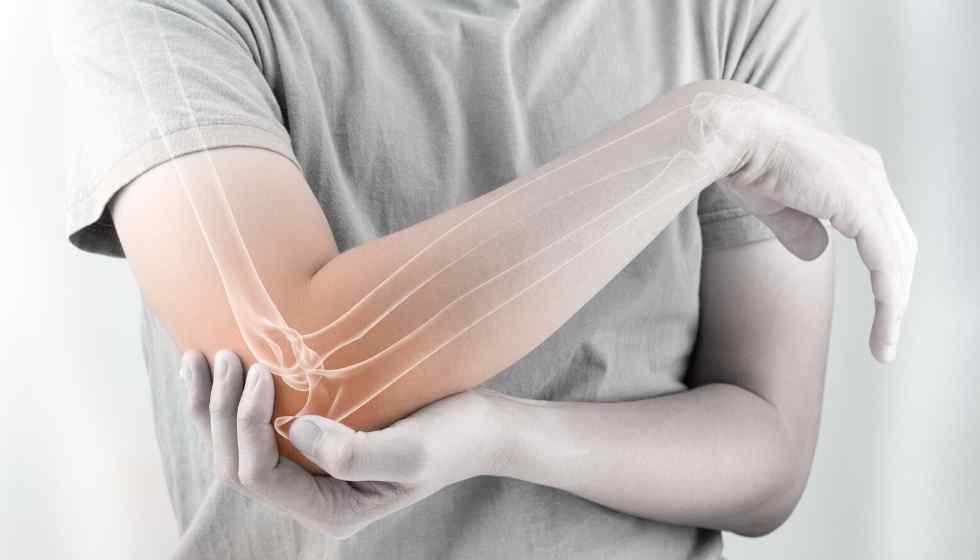Strengthening your bones isn’t your most important health preference. And, if we’re fair, worrying about bone health can most feel.
Bones perform various roles in the body — giving structure, protecting organs, anchoring muscles, and depositing calcium. While it’s necessary to develop strong and healthy bones during childhood and adolescence, you can practice steps through adulthood to preserve bone health, too.
How to Strengthen Bones and Joints
Possessing solid bones in childhood sets a foundation for bone health during life. We build nearly all our bone mass when we’re children and teens. The bone-building method is essentially finished around age 20. As adults, we still succeed old bone with new bone, but more gently. Over time, our bones get weaker.
Your bones are continuously evolving — new bone is formed, and old bone is cut down. When you’re young, your body produces new bone quicker than it cuts down old bone, and your bone mass develops.
After that, bone remodeling remains, but you lose somewhat more bone mass than you get. Most people relinquish their peak bone mass around age 30.
Consume Calcium Foods
- Milk
- Yogurt
- Cheese
- Kefir
Calcium is added or less synonymous with “bone health,” and for a good cause. It’s one of the main structure blocks of bone.
Vitamin D
Your body requires vitamin D to ingest calcium. For adults age between 19 to 70, the RDA of vitamin D is 600 IUs a day. The proposal extends to 800 IUs a day for adults age 71 and older.
Vitamin D includes oily fish, such as salmon, trout, whitefish, and tuna. And some more like mushrooms, eggs, and fortified foods, such as milk and cereals, are good sources of vitamin D.
Sunlight also adds to the body’s creation of vitamin D. If you’re concerned about making enough vitamin D, ask your doctor about sequels.
Exercise
Weight-bearing exercises like walking, running, jumping, and climbing are ideal for developing bone. They practice the force of our muscles and pressure to put weight on our bones. The pressure creates the body to build up more robust bones.
Enough Nutrients
Potassium, vitamin K, and magnesium support your body’s assimilation and use of calcium. Get these necessary nutrients by consuming healthy foods like vegetables and fruit, legumes, beans, peas, lentils, nuts, seeds, whole grains, and fish.
Protein serves to increase muscle, which assists in maintaining bones strong. Choose protein-rich foods such as meat, poultry, fish, shellfish, legumes, nuts, and seeds.
Avoid Substance Abuse
If you are a woman, avoid drinking more extra than one alcoholic drink every day. If you are a man, avoid drinking more than two alcoholic drinks a day and avoid smoking.
Limit Caffeine
Too enough caffeine can reduce the amount of calcium you consume. Try for no more than 400mg of coffee through the day for adults (about 2-3 cups of coffee per day). Pregnant and breastfeeding women should have no higher than 300 mg caffeine by day.


